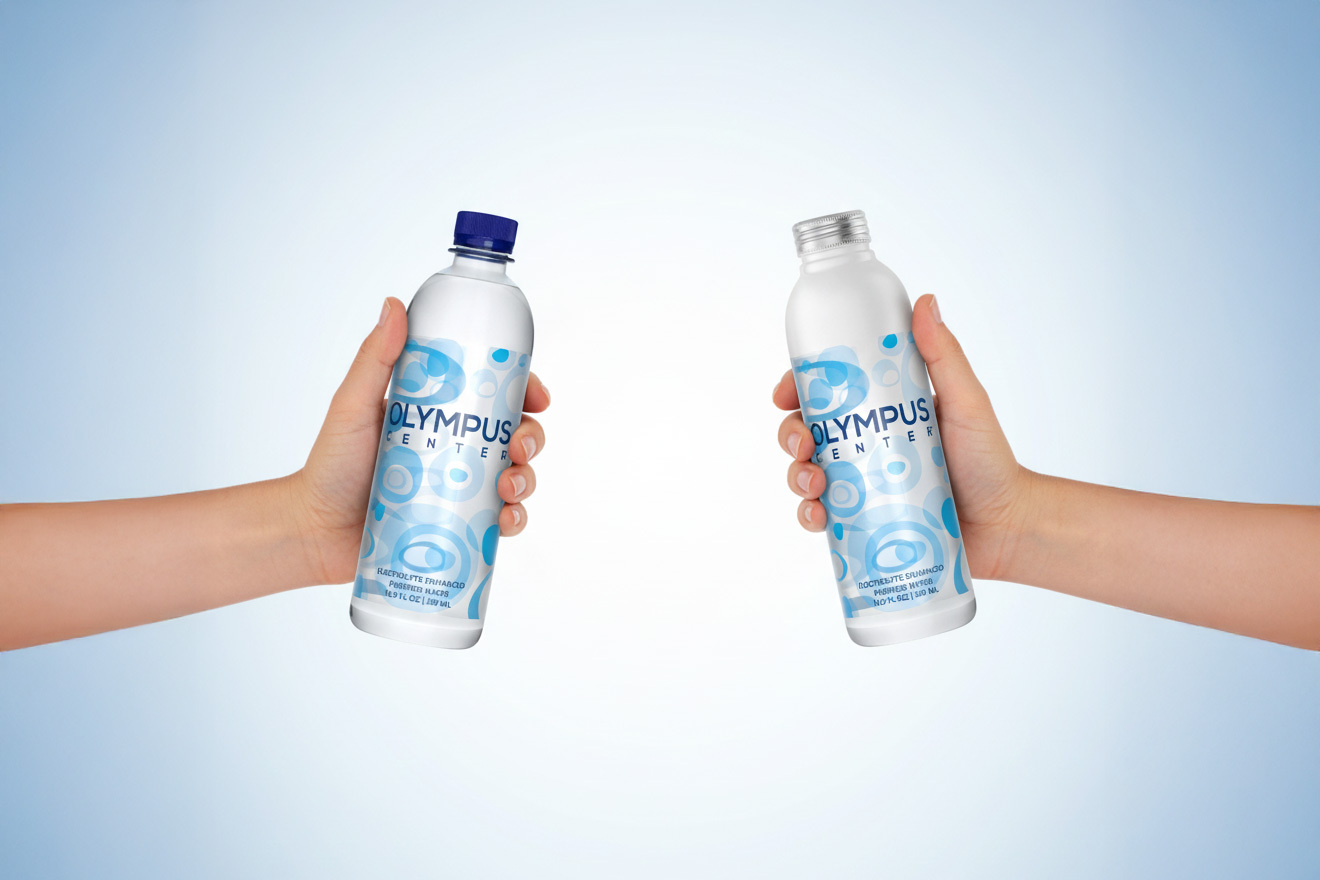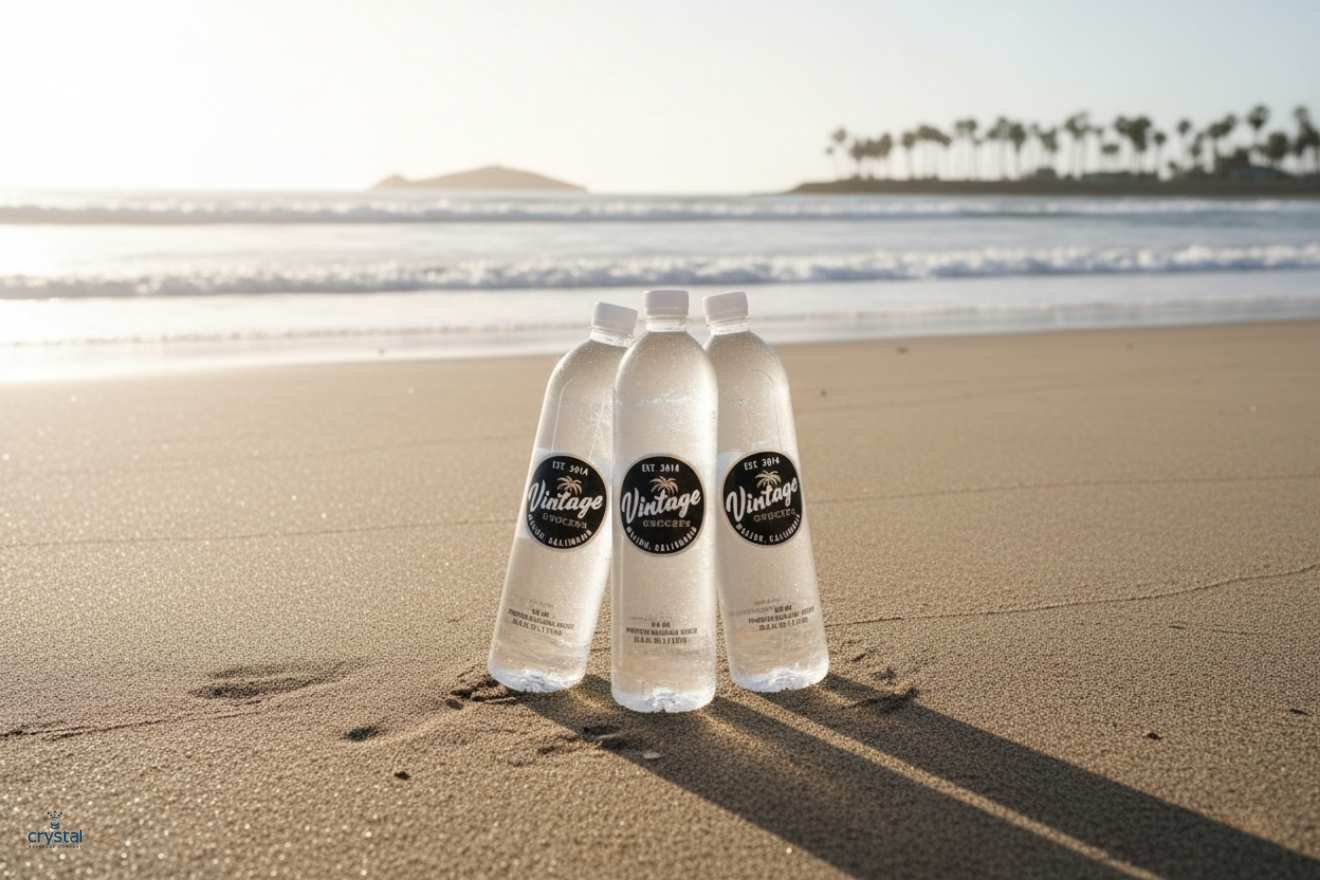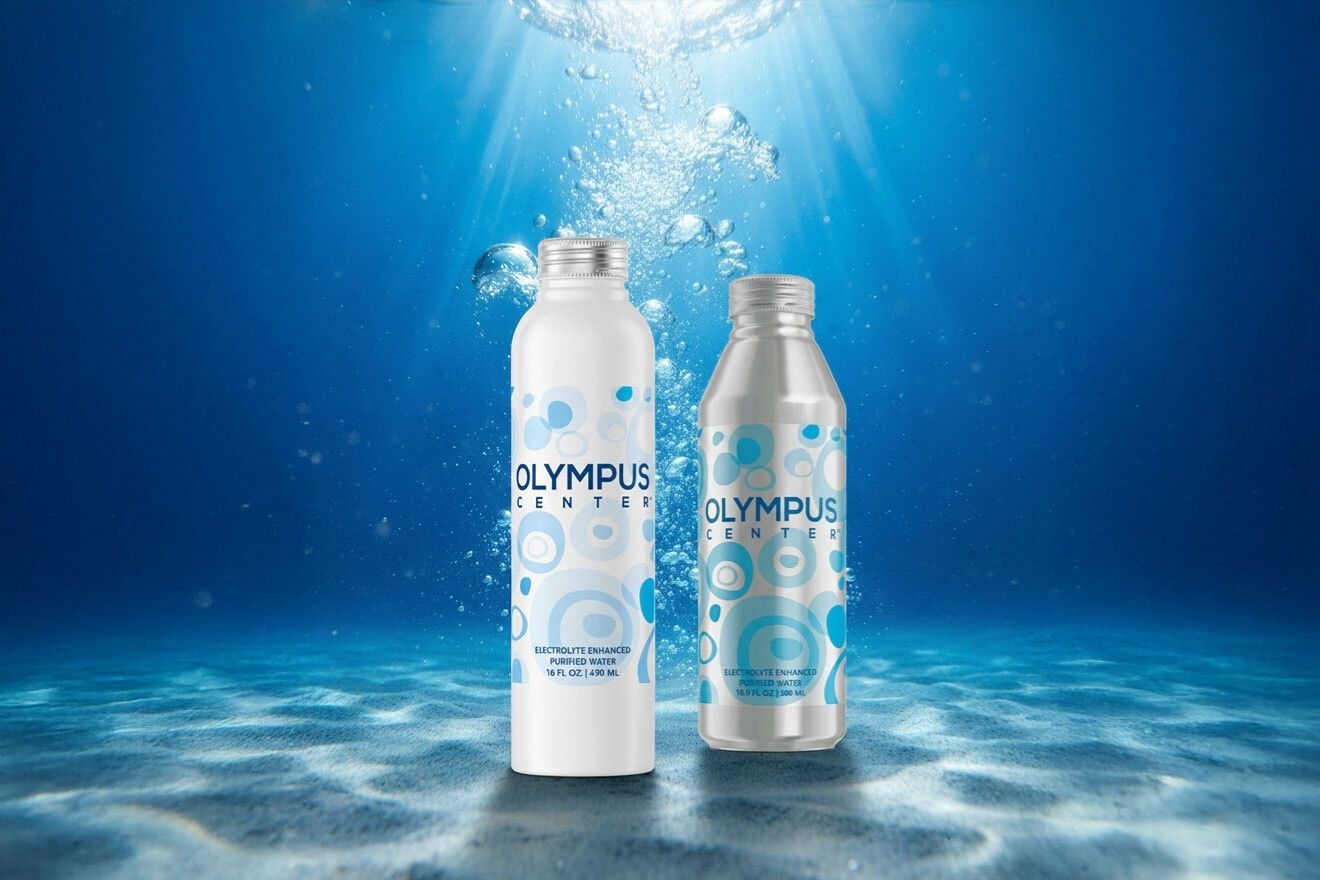When Can Babies Start Drinking Water?


For first-time mothers, there is plenty of credible information on the feeding milestones of a baby available on the internet. From the introduction of solid foods to planning the infant’s daily diet, the world wide web is overflowing with helpful tips and important facts. However, there is one grey area that has very little information — when can babies start drinking water?
This question has few and unclear responses over the internet. And this is why we carried out research and developed this in-depth article to address when can babies have water and give answers to most of the worries first-time mothers have when introducing drinking water to the baby.
WHEN CAN INFANTS DRINK WATER?
The recommended age for introducing a baby to drinking water is at six months of age. At this age, the introduction of solid foods is also recommended. This then explains why in most scenarios the introduction of water to babies is dependent on the baby's food intake.
RISKS OF GIVING YOUR BABY WATER TOO SOON
Yes, there is. Feeding babies water before they are six months in age could lead to either of the following complications:
1. Dehydration in the baby's body
Feeding water to a baby who is below six months puts them at risk of experiencing dehydration. This is because the kidneys of babies less than six months are usually not fully developed and will, therefore, flush out excess sodium with more water than necessary and eventually cause dehydration in the baby's body.
2. Low absorption of nutrients
The presence of water in the diet of babies less than six months old can hinder their ability to absorb nutrients from breast or formula leading to weight loss. This can result from the water filling the baby's tummy with empty calories. Excessive water in the baby's system can also dilute the nutrients in the baby's body resulting in low body temperature and seizures.
3. Chemical Imbalances
Letting a baby drink large amounts of water can lead to cases of water intoxication. This is a very dangerous condition where electrolytes (like sodium) in a baby’s bloodstream dilute and cause low body temperatures or seizures.
SHOULD I GIVE THE BABY BOTTLED WATER?
No, you should not. Majority of bottled water contains high levels of sodium and sulfate that are unsafe for a baby's consumption. The most suitable water to feed babies is boiled water that has cooled down. Boiled water is free of microorganisms that cause infections. Tap water is also okay for consumption by babies as long as it is filtered to remove fluoride and chlorine.
If bottled water is the only option available, then go for bottled water that is labeled distilled, purified or demineralized.
HOW SHOULD I FEED THE BABY WATER?
The most important step when introducing your baby to drinking water is choosing the most suitable cup or bottle for the baby. Bottles with a breast-like nipple for drinking or no-spill sippy cups are the most friendly when introducing the baby to drinking water.
Begin feeding the baby water with her bottle or cup while holding it for her. Next, teach her how to hold the cup or bottle by herself as you support it. Then finally slowly transition to the point where she can comfortably hold her sippy cup or bottle and drink water on her own. With time you can remove the non-spill valve in the sippy cup to teach the baby how to drink water without sucking.
HOW MUCH WATER SHOULD BABIES ABOVE SIX MONTHS OF AGE DRINK?
Once babies hit the six-month mark, it is okay to feed them between 2-4 ounces of water daily until they turn twelve months of age. Should the baby be very active, you can feed her extra water occasionally.
For babies over a year old, the recommended total water consumption is around 1.3 liters a day. This total water consumption is however not obtained from drinking water only; it includes water from food, milk, juices, and other sources.
SIGNS OF DEHYDRATION IN BABIES
- Sleepiness
- Thirst
- Irritability
- Dry mouth
- Reduction or absence of tears
WHAT TO DO IF YOUR BABY BECOMES DEHYDRATED
If your child starts exhibiting any of these symptoms, then it might be a clear sign of dehydration. Here are 5 helpful tips to ensure your baby recovers right away:
- Other than being hydrated from drinking water, babies can also benefit from taking diluted fruit juices.
- Feed the baby small quantities of water frequently especially during the hot weather or during activity time to keep them hydrated all day long.
- lmprove the taste of the drinking water by flavoring it with fruits such as oranges and lemon to encourage the baby to drink more water.
- Make the process of learning to drink water from a cup or bottle fun and interesting for the baby by using utensils that are captivating in terms of color and shape.
- Feed the baby with foods rich in water to supplement hydration from drinking water. Such foods include soups and fruits such as watermelons.
Important note: In the case of dehydration in babies, you can replenish lost fluids by giving the baby a rehydration solution, breast milk or formula. You should never feed the baby plain drinking water to rehydrate their body.
BENEFITS OF GIVING YOUR BABY WATER
Aside from keeping your baby hydrated and nourished, here are the benefits of water that you can keep in mind the next time you give him a bottle of H20:
- Transports nutrients and oxygen to cells
- Maintains blood volume
- Keeps joints and tissues lubricated
- Eliminates the need for drinking sweet juices such as fruit drinks
We hope our two cents on the issue of when can babies have water will be helpful when it is time to introduce your young one to drinking water. Remember, there is no need to rush your baby into drinking water before they turn six months in age; breast milk is all they need during the first six months.






